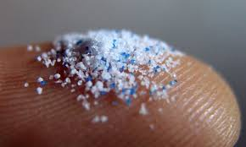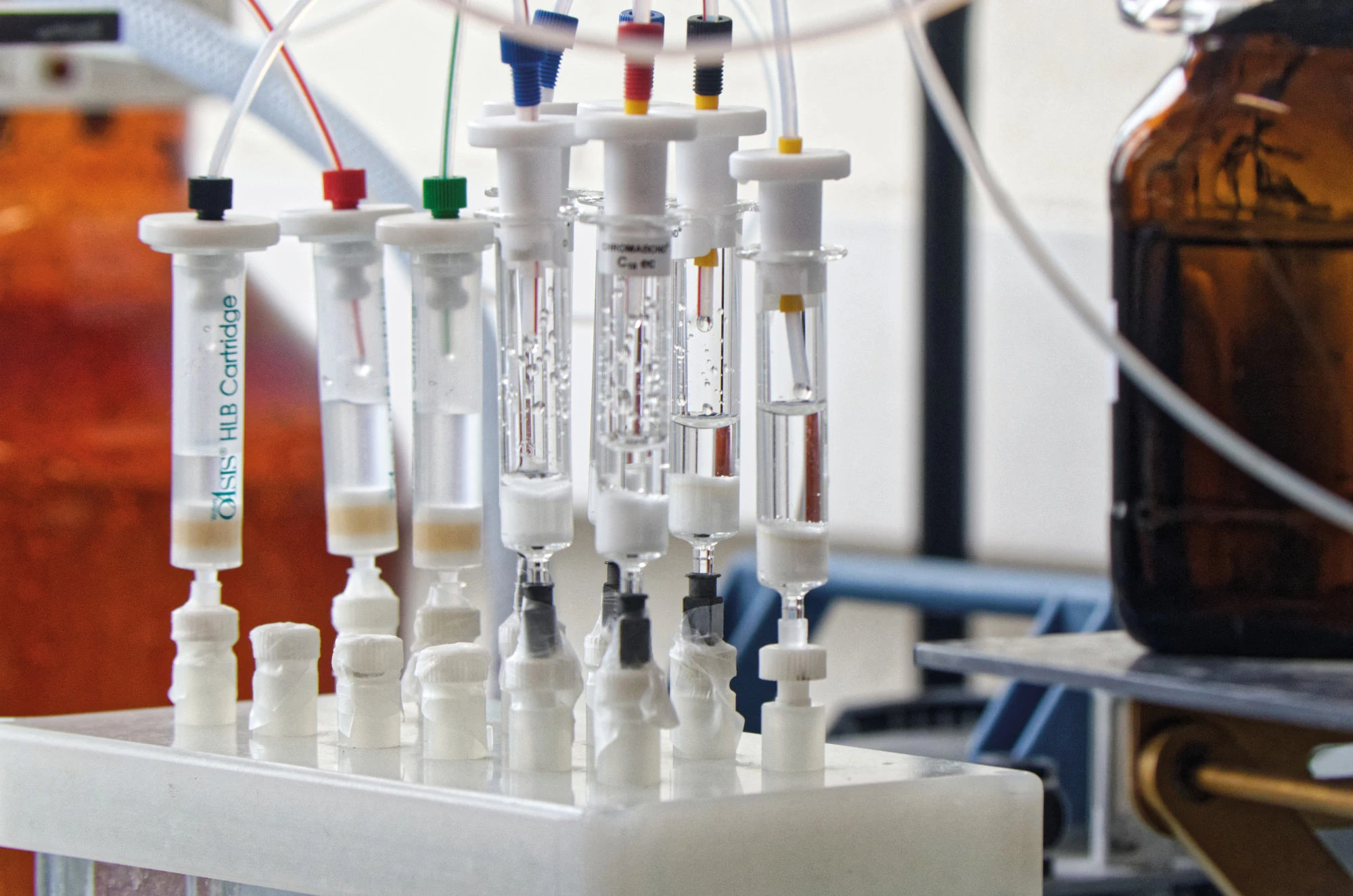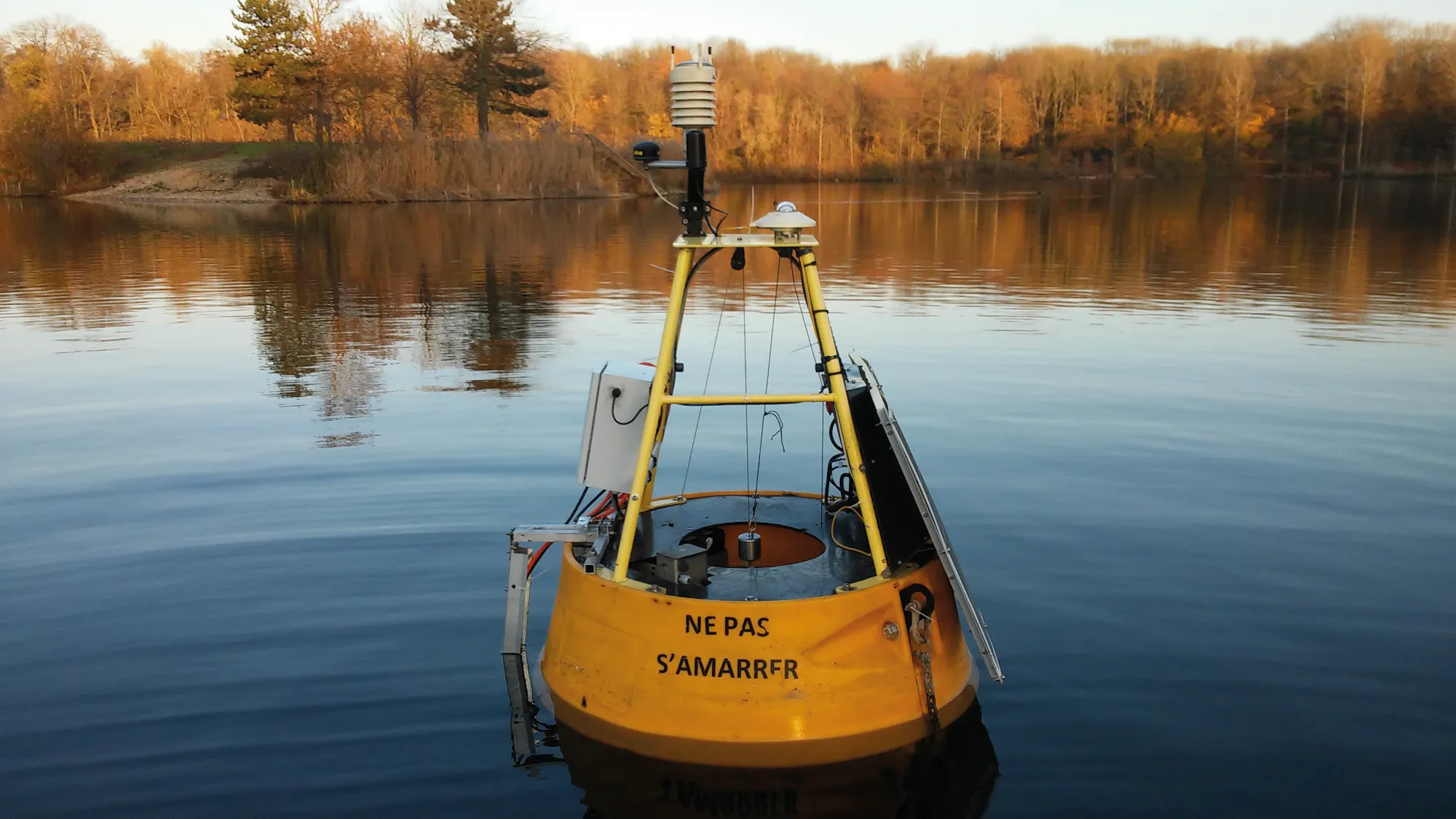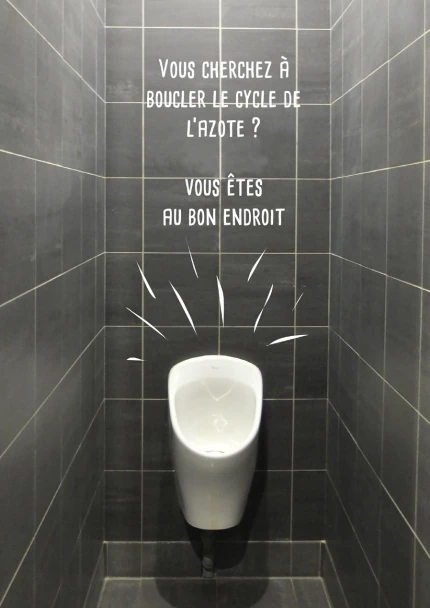- Recrutements
- Contacts
- Annuaires
- Choix du langage :
Dernières publications
937.
- titre
- Advanced insights into the biodeterioration and conservation strategies of cultural heritage: A review
- auteur
- Marouane Mkhinini, Davy-Louis Versace, Samir Abbad-Andalousi, Aurélie Verney-Carron, Faisal Bousta, Noureddine Bousserrhine, Paloma Reboah, Clarisse Balland-Bolou-Bi
- article
- Science of the Total Environment, 2026, 1010, pp.181029. ⟨10.1016/j.scitotenv.2025.181029⟩
- titre
- Assessing water quality restoration measures in Lake Pampulha (Brazil) through remote sensing imagery
- auteur
- Alexandre Assunção, Talita Silva, Lino de Carvalho, Brigitte Vinçon-Leite
- article
- Environmental Science and Pollution Research, 2025, ⟨10.1007/s11356-025-35914-6⟩
- titre
- Do suspended particles matter for wastewater-based epidemiology?
- auteur
- Gauthier Bernier-Turpin, Régis Moilleron, Chloé Cenik, Fabrice Alliot, Sabrina Guérin-Rechdaoui, Thomas Thiebault
- article
- Water Research, In press, 280, pp.123543. ⟨10.1016/j.watres.2025.123543⟩
- titre
- Plastic debris dataset on the Seine riverbanks: up to 38 000 pre-production plastic pellets reported per square meter
- auteur
- Romain Tramoy, Laurent Colasse, Johnny Gasperi, Bruno Tassin
- article
- Data in Brief, 2025, pp.111735. ⟨10.1016/j.dib.2025.111735⟩
- titre
- La persistance des champs d’épandage d’eaux usées de l’agglomération parisienne au cours du second XXe siècle
- auteur
- Etienne Dufour
- article
- Métropolitiques, 2025, ⟨10.56698/metropolitiques.2174⟩
Cosmet’eau research project presentation
publié le , mis à jour le

The Cosmet’eau project (2015 - 2018) investigates the “changes in the personal care products (PCPs) consumption practices : from the whistleblowers to the impacts on aquatic environments.”
In this project, the example of PCPs will be used to understand how public health concerns related to micropollutants can be addressed by public authorities – including local authorities –, industries and consumers. The project aims to characterize the possible changes in PCP consumption practices and to evaluate the impact of their implementation on aquatic contamination.
The first objective is to study the whistleblowers and their influence on consumer and government awareness. The second objective is to develop innovative technical and sociological tools for (i) the study of consumption practices, (ii) the monitoring of PCP residues and their potential substitutes, and (iii) the assessment of their effects on the receiving environment. The third objective is to provide stakeholders with tools to anticipate these changes in consumption practices and to choose the most efficient ones.
The Cosmet’eau project is managed by the Leesu research group and brings together public and private actors in the field of water :
- the Leesu laboratory,
- two stakeholders :
- Public Sanitation of the Paris conurbation (SIAAP),
- the City of Paris,
- a SME in ecotoxicology field : Tronico-VigiCell,
- an association dedicated to the promotion of research : Arceau-IdF.
The Cosmet’eau project is funded by the French Minister of Environment (Ministère de l’Environnement de Énergie et de la Mer), the Agence française pour la biodiversité (AFB) and the Agence de l’Eau Seine-Normandie (AESN).
Contacts :
- Adèle Bressy : adele.bressy(ate)enpc.fr
- Régis Moilleron : moilleron(ate)u-pec.fr









 Productions scientifiques
Productions scientifiques Moyens techniques et équipements
Moyens techniques et équipements Expertise et disciplines
Expertise et disciplines


